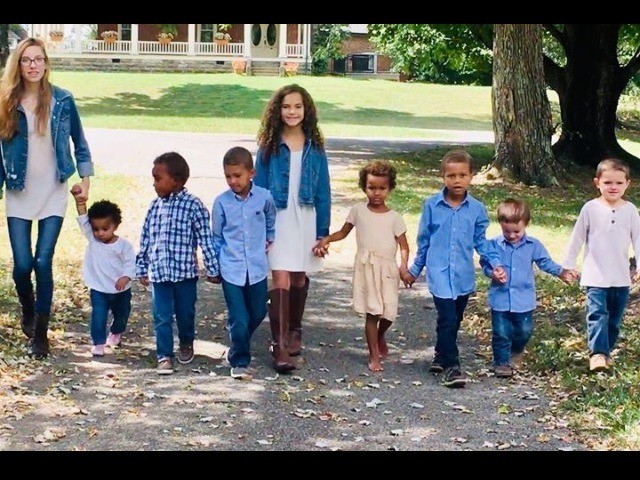Democrat North Carolina Gov. Roy Cooper signed a bipartisan bill on Friday that allows couples to foster a child or siblings even if their household exceeds the maximum child limit.
State Republicans and Democrats joined together to pass House Bill 815 “in an effort to get more children into otherwise qualifying foster homes,” NC Newsline reported. The bill previously passed the state House and Senate unanimously, barring a few absences and one nonvoting lawmaker.
Via the report:
According to national foster care data, North Carolina has lost over 2,000 licensed foster homes since 2020. A foster home may house more than five children, the current maximum, if they obtain written permission, according to the new law. This applies if the maximum is the only thing that would exclude the home from bringing in new children.
Under the bill, current foster children and the foster parents’ new children are included in the count when assessing a home’s eligibility. Foster parents’ skills, stamina, and ability to take care of more children would also be assessed.
“Before this law, federal exceptions to the five-child limit were already in place so that keeping siblings together could remain a priority,” the report states. “However, families who were new to the foster care system in North Carolina who already had five children were barred.”
Rep. Allen Chesser (R), the primary sponsor of the bill, previously said that “larger families were being arbitrarily disqualified from fostering simply because they were larger families.”
“The disqualification happens on the front end of the process, without any safety checks occurring,” Chesser said.
The Social Services Commission is required to create temporary rules to allow the bill to be enforced. Other relevant state agencies must also submit a plan containing the new law to the U.S. Secretary of Health and Human Services to make sure the state foster care system continues to receive federal funding.

COMMENTS
Please let us know if you're having issues with commenting.